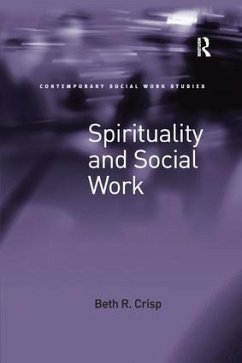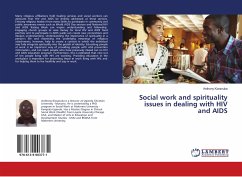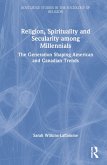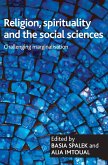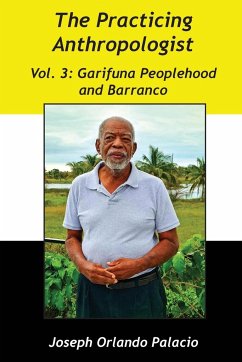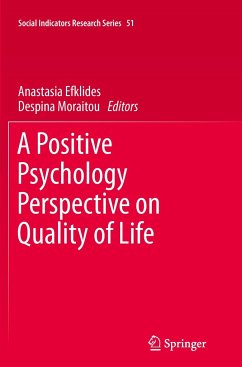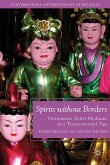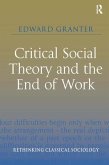For much of the twentieth century, professional social work sought to distance itself from its religious origins with the consequence being that the role of spirituality in the lives of service users tended to be sidelined. Yet it is clear that many people begin to explore their spirituality precisely at times when they are trying to make sense of difficult life circumstances or experiences and may come into contact with social workers. In recent years, there has been an increasing understanding that in order to be relevant to the lives of people they work with, social workers need to go beyond their material needs, but there is little understanding of how spirituality can be sensitively incorporated into practice, especially when either practitioners or service users have no religious affiliation or there is no shared religious background. In this pathbreaking volume Beth Crisp offers social workers ideas of beginning conversations in which spiritual values and beliefs may surface, allowing service users to respond from their own framework and to begin to discuss the specific religious or spiritual practices and beliefs which are important to them. She considers spirituality in the context of lived experience, a perspective that she argues breaks down any mystique and suspicion of explicitly religious language by focusing on language and experiences with which most people can identify. Such a framework allows exploration of issues that emerge at different stages in the lifespan, both by persons who are religious and those who do not identify with any formal religion. Most literature on spirituality within social work refers to the elderly, to those who are sick or have been bereaved, yet, as Crisp points out, spirituality is important for people of all ages and not just at seemingly exceptional moments.
Hinweis: Dieser Artikel kann nur an eine deutsche Lieferadresse ausgeliefert werden.
Hinweis: Dieser Artikel kann nur an eine deutsche Lieferadresse ausgeliefert werden.

